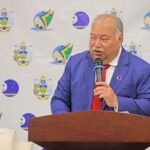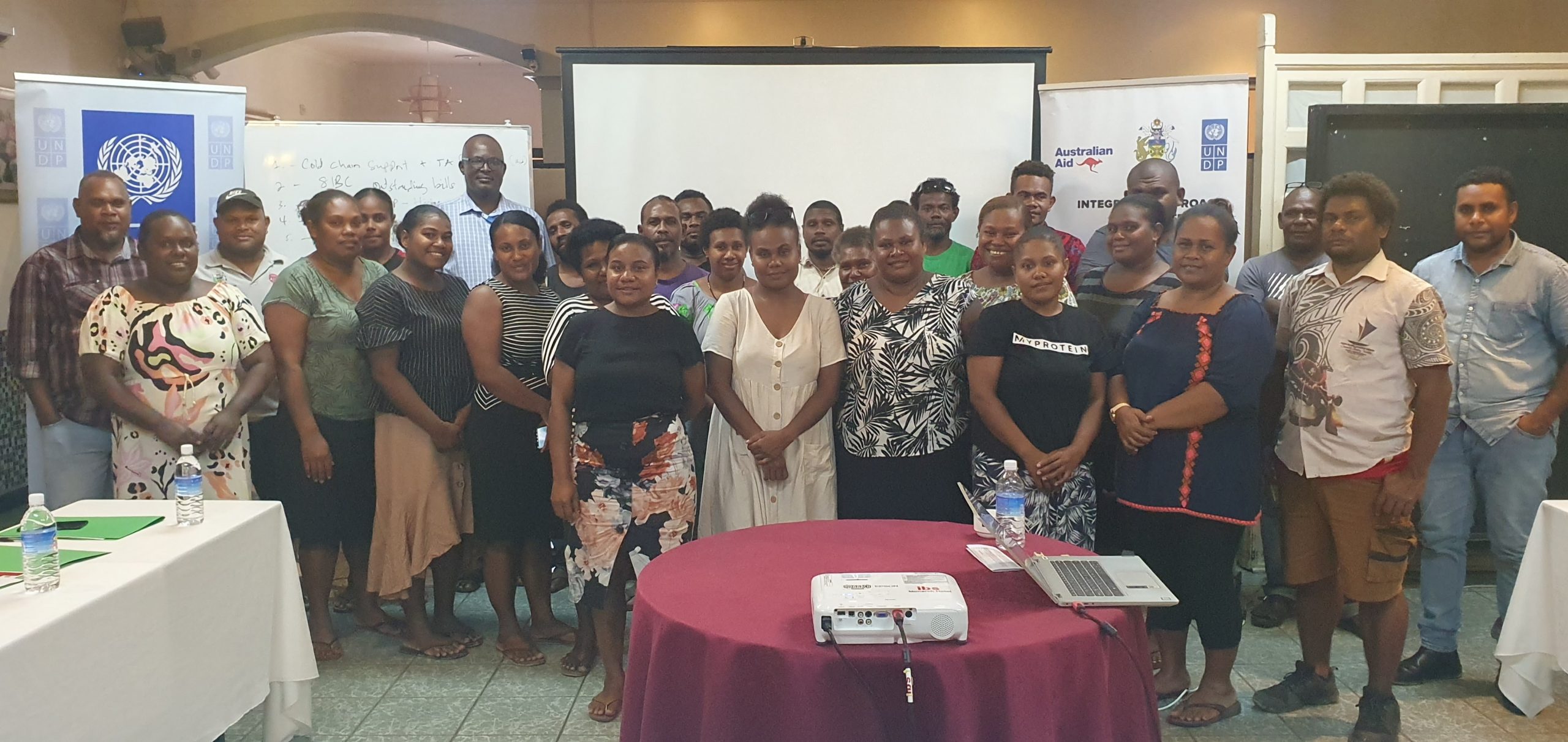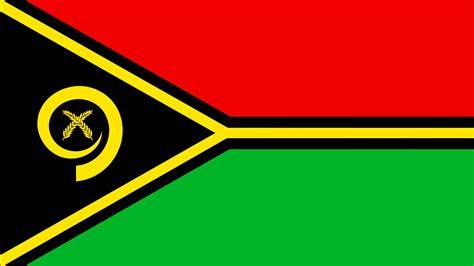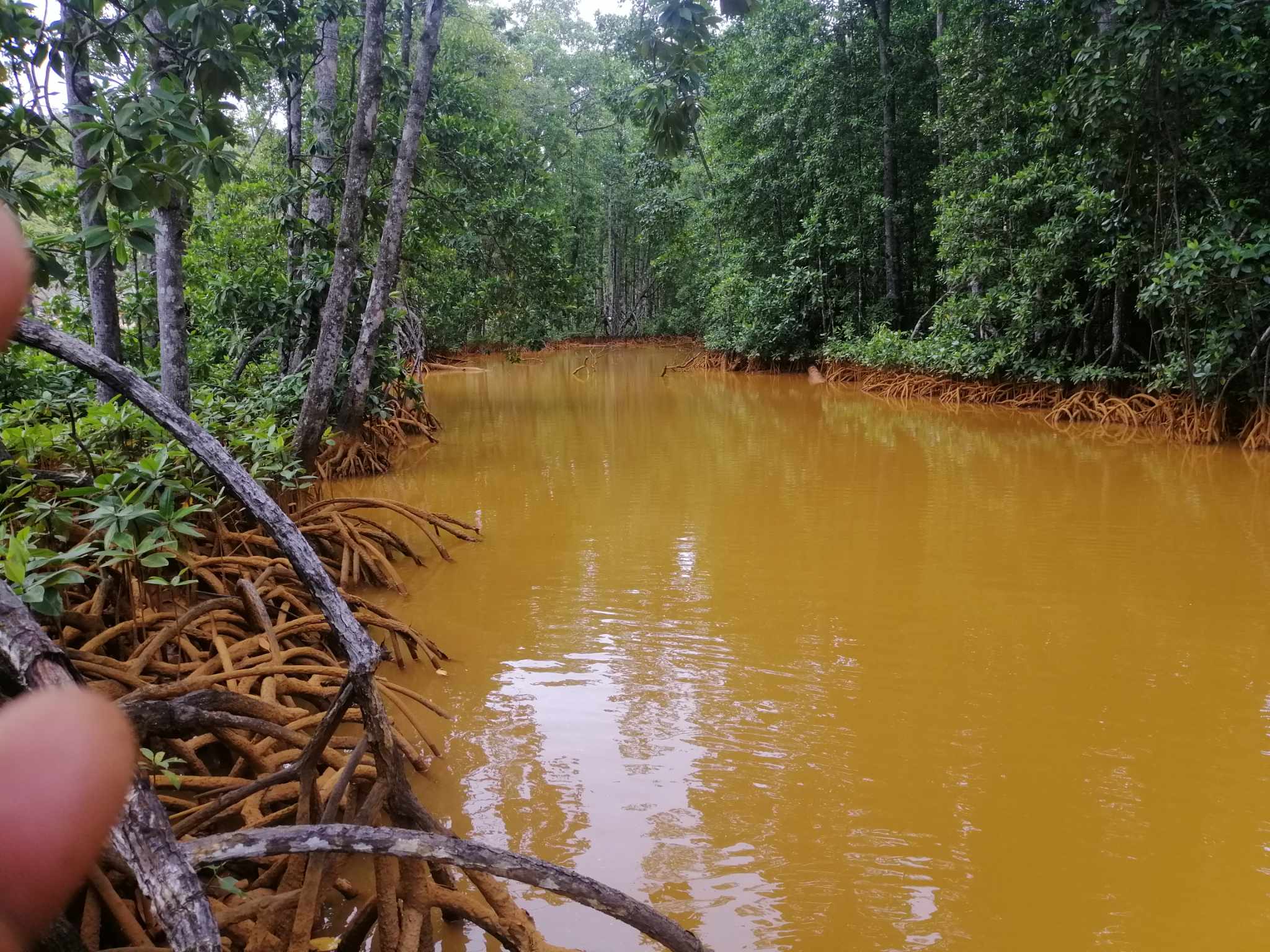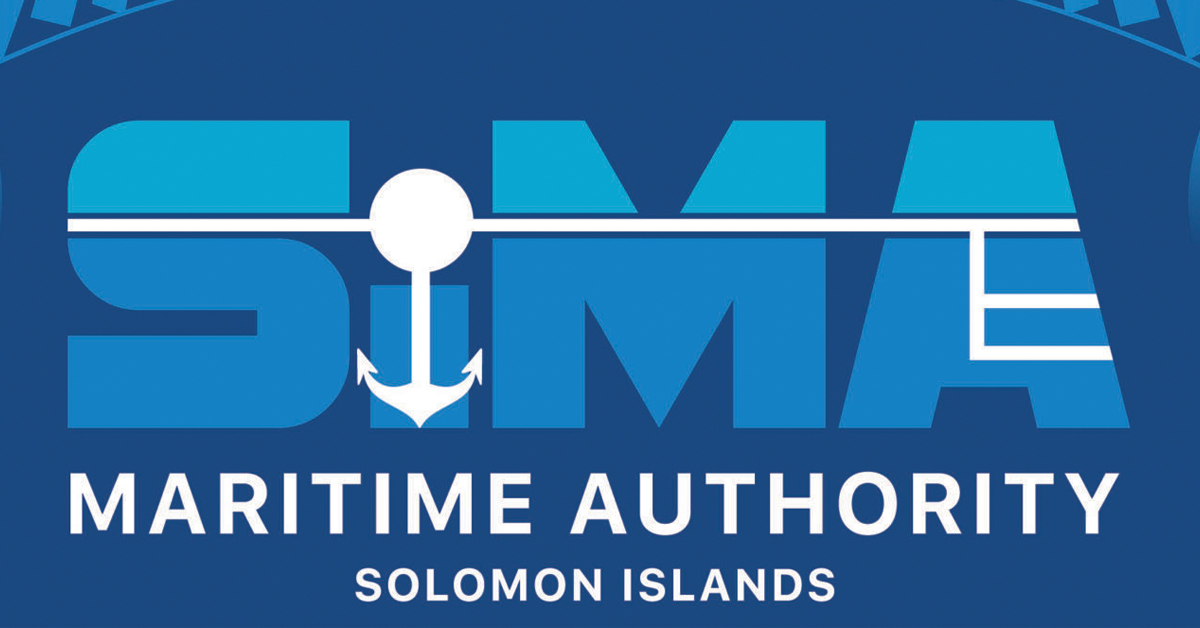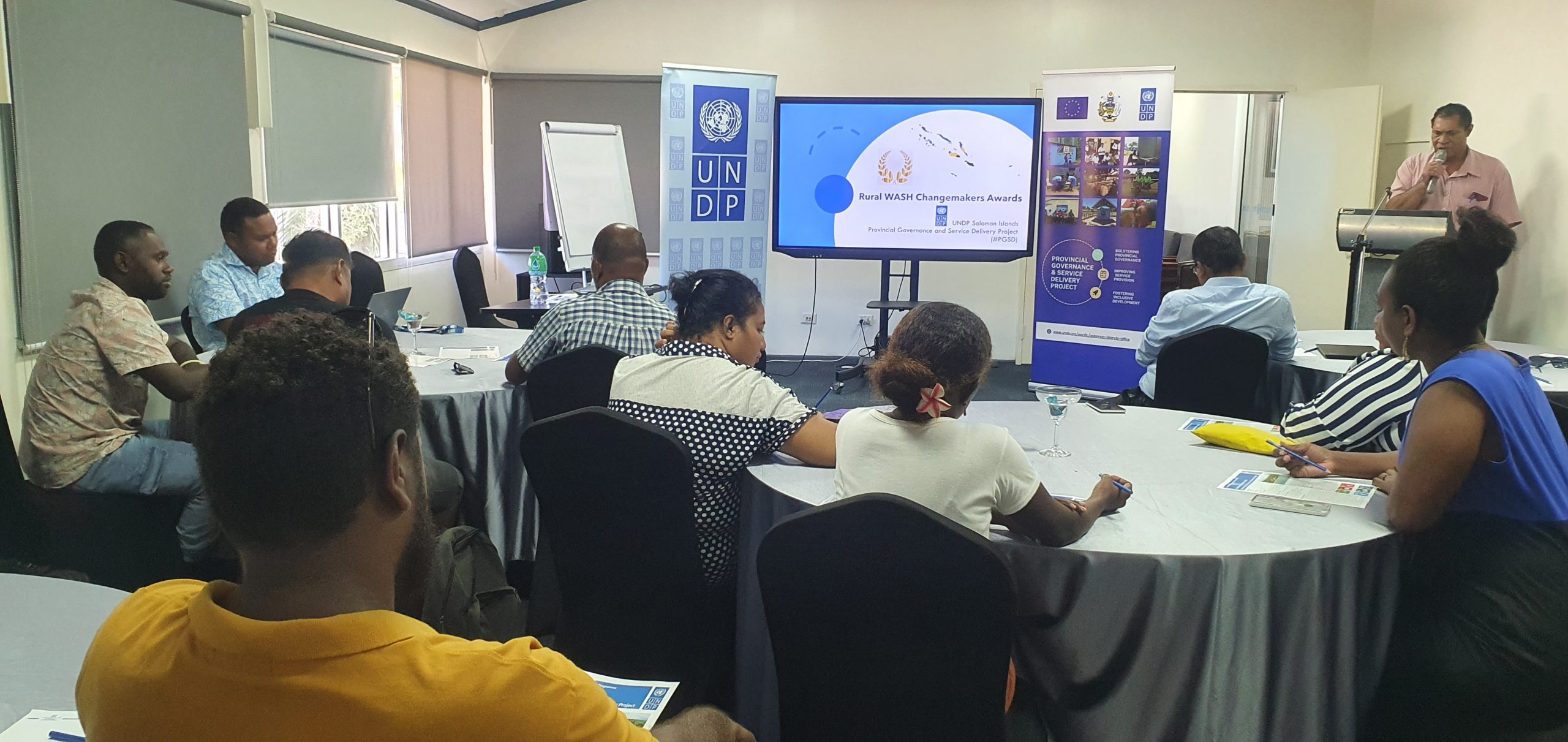THE upcoming 17th edition of the Pacific Games to be held in Honiara City from the 19th November to 4th December 2023 will be a historic event. It will attract around 5,000 athletes from 24 countries and territories of the Pacific region. In addition, there will be an influx of visitors from neighbouring countries and many rural population will move into Honiara to witness the event.
Honiara is the most densely populated area of the country and this influx of people is likely to cause additional pressure on the existing services. Any disaster occurring during the Pacific Games period is likely to have more complex impacts due to this sudden surge in the composition of Honiara’s population.
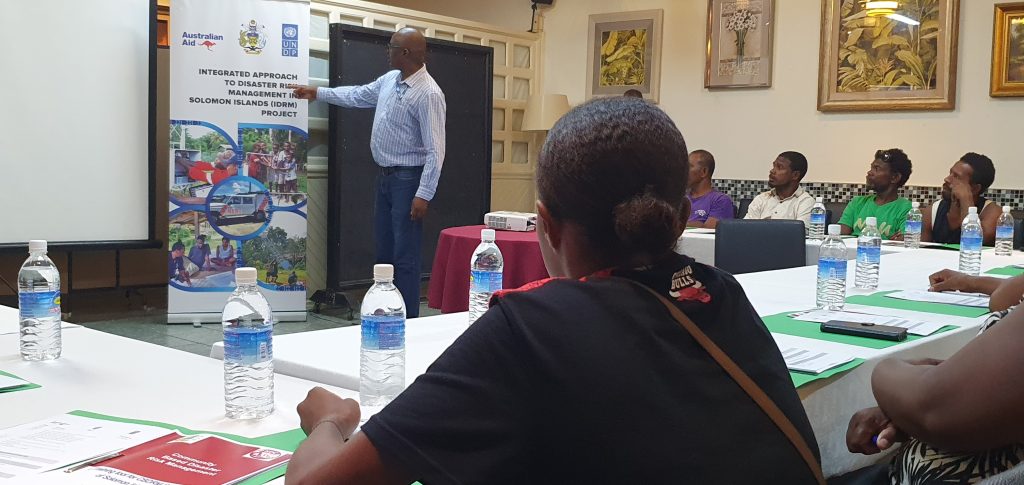
The Honiara City Council (HCC) has already experienced a number of natural hazard events with the flash floods of 2014 being one of the recent most significant disasters. With this consideration, coastal communities in the city’s urban spaces, including communities living in river riparian areas, are more prone to hazards such as flooding,
In line with the South Pacific Games 23 theme on “Safe and Green Pacific Games 2023” , the Honiara City Council is committed to a ‘safe environment’ during the games, ensuring the lives of athletes, the participating population as well as the hosting communities are safe from any disaster situation including any threads from natural and man-made hazards within the sports venues and the city.
To do so and with the main objective of mitigating risks, in support of the SPG 23, the Honiara City Council is partnering with UNDP and the National Disaster Management Office to strengthen the capacity of local urban communities for disaster preparedness and increase their awareness on safety measures, as well as disseminate messages on both natural and man-made hazards that may pose a threat to the successful hosting of the games.
UNDP´s intervention is part of the Australia Government-funded Integrated Approach to Disaster Risk Management in Solomon Islands project and this activity specifically focuses on the urban communities living in high-risk zones surrounding the PG23 games villages/venues. This week, the initiative has targeted Koa Hill and Stream Valley settlements. Through capacity building, the community leaders – 17 males and 18 females including 1 person with disability among the participants – have learnt about natural and human-induced hazards that may pose a threat to the safety of athletes, communities, the infrastructure and the environment. Promoting Self- help is one of the key principles of the National Disaster Management Plan 2018 and this training contributes towards increasing the coping capacity of these urban communities.
The last day of the training on Friday also coincided with the International Day for Disaster Risk Reduction which falls on 13 October 2023 and bodes well with its theme “ Fighting Inequality for resilient future” by linking disaster risk management to inequality. As George Maoi, Chairman of Koa Hill South Sea Evangelical Church Organization, mentioned at the end of the training: “We have been trained to better prepare, respond and recover from the impact of the hazards and we have strengthened the community disaster management structures. Moreover, the participants from the two communities have drafted our respective disasters response management plans and we call on other relevant stakeholders to help us implement the plan.”
UNDP PRESS RELEASE









